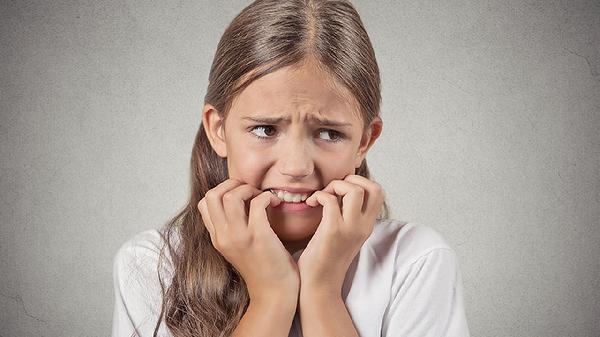Beauty has always been more than skin deep—it's a portal to transformation, a daily ritual of self-expression that can shift our entire energy. And while we often talk about makeup's power to conceal or enhance, or skincare's ability to rejuvenate, there's an unsung hero in the wellness-beauty crossover: fragrance. That spritz of perfume isn't just about smelling good; it's neuroscience-backed mood magic, a sensory lifeline that can pull us out of emotional funks and into brighter headspaces. From TikTokers battling seasonal blues to supermodels building brands around scent therapy, the mental health benefits of fragrance are finally getting their moment in the spotlight—and the science behind why it works is downright fascinating.
The Nose Knows: How Scent Hijacks Your Brain
Here's the wild thing about smell—it's the only sense that bypasses the thalamus (your brain's switchboard) and goes straight to the emotional and memory centers. When you catch a whiff of your grandma's apple pie or that cologne your first love wore, it's not nostalgia hitting you; it's your amygdala and hippocampus throwing a full-on flashback party. Studies show familiar scents can trigger autobiographical memories more vividly than photos or music, which is why certain perfumes can instantly transport you to safer, happier headspaces. Citrus notes? They're like nature's espresso shot for your mood. Vanilla? A warm hug for your nervous system. And brands are catching on—look at the rise of "mood-boosting" fragrances with dopamine-triggering accords designed specifically for mental wellness.
From Seasonal Slumps to Scent Solutions
Take Seasonal Affective Disorder (SAD)—that brutal winter slump where motivation goes into hibernation. While light therapy and vitamin D get most of the press, scent therapy is having a quiet revolution. Content creators like Chelbi Williams swear by zesty citrus perfumes to fake sunshine during gray days, while evening wind-downs call for amber-based scents that mimic the cozy安全感 of a fireplace. It's not just placebo either; a 2021 study in the Journal of Environmental Psychology found bergamot-based aromas reduced cortisol levels by 22% in participants. Even high-performance workplaces are catching on—some Silicon Valley startups now diffuse peppermint oil in conference rooms to sharpen focus during marathon brainstorming sessions.
Building a Scent Sanctuary
You don't need a perfume collection rivaling a department store counter to harness this. Start with "scent layering"—a wellness hack where you use coordinating fragrances across body products (think: jasmine shower gel + jasmine body oil + jasmine room spray) to create an immersive mood-lifting environment. Therapists recommend assigning specific scents to routines—maybe grapefruit body mist for morning energy, lavender pillow spray for sleep cues. Bella Hadid's Orebella line takes it further with "fragrance journaling," encouraging users to match scents to emotional intentions (confidence-boosting citrus for job interviews, grounding sandalwood for tough conversations). The key? Consistency. Wearing the same scent during positive experiences builds neural pathways that let you access those feelings later—like a smell-based time machine for happiness.
When Perfume Becomes Self-Care
Forget face masks and bath salts—the new wave of sensory self-care lives in perfume bottles. TikTok's #ScentTherapy trend shows Gen Z ditching impulsive fragrance buys for intentional "scent wardrobes" curated like mental health toolkits. There's science to the method: A 2023 Frontiers in Psychology study revealed that participants who chose scents aligned with desired emotional states (calm, joy, confidence) reported 37% higher mood improvement versus random spritzing. It explains why niche perfumeries now offer "fragrance consultations" focusing on emotional needs over trend-driven notes. As psychotherapist Tasha Bailey notes, "Your scent choices are non-verbal communication with yourself—a way to say 'I deserve to feel uplifted' or 'I'm creating space for peace.'"
In a world where wellness often feels like another chore, fragrance offers something radical: effortless emotional alchemy. Whether it's a $30 drugstore body mist or a luxury niche perfume, that daily spritz ritual becomes a silent pep talk, a sensory safety net, and—as the science proves—a legitimate cognitive reset button. So next time you dismiss perfume as frivolous, remember: you're not just wearing a scent. You're wiring your brain for joy.
























